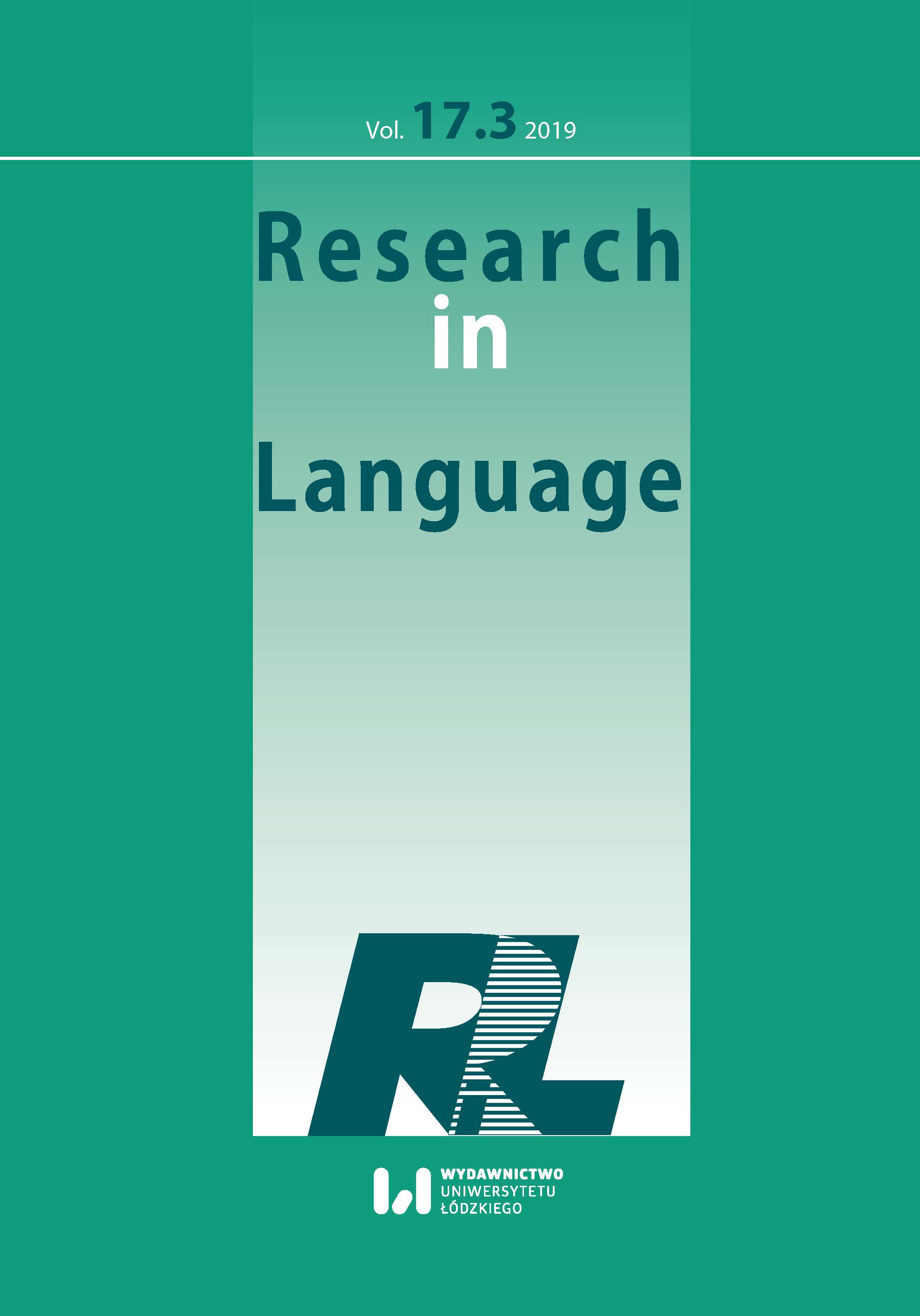In-Service Primary School Teachers’ Account of Phonetically Difficult Words in English as a Foreign Language
In-Service Primary School Teachers’ Account of Phonetically Difficult Words in English as a Foreign Language
Author(s): Oleksandr KapranovSubject(s): Foreign languages learning, Phonetics / Phonology
Published by: Wydawnictwo Uniwersytetu Łódzkiego
Keywords: English as a foreign language (EFL); in-service EFL teachers; phonetically difficult words (PDWs); young EFL learners
Summary/Abstract: set of words in the English language that in-service primary school teachers consider difficult to pronounce by young learners of English whose first language (L1) is Norwegian. In the study, 26 in-service primary school teachers of English as a Foreign Language (EFL) are asked to write a reflective essay with a list of phonetically difficult words (henceforth PDWs) in English that they think are difficult to pronounce by young EFL learners. Additionally, the in-service primary school teachers (further – participants) are requested to reflect and comment on PDWs, and explain the reasons why they think they are phonetically difficult. The participants’ individual lists of PDWs are compiled into a corpus which is processed in the Statistical Package for Social Sciences (SPSS) in order to calculate the frequency of PDWs. The participants’ comments and reflections are subsequently analysed qualitatively in order to establish the sources of PDWs. The results of the investigation reveal that the corpus of PDWs is comprised of 257 lexical items. The most frequent PDWs are associated with those sounds of the English language that are absent in the young EFL learners’ L1, Norwegian, e.g., /θ/ in birthday, /ð/ in this, /z/ in zoo, etc. Other frequent PDWs are related to English spelling conventions (e.g., fruit), the word-initial position of affricates (e.g., chocolate), and word stress (e.g., window). These findings and their linguo-didactic implications are further discussed in the article.
Journal: Research in Language (RiL)
- Issue Year: 17/2019
- Issue No: 3
- Page Range: 297-315
- Page Count: 19
- Language: English

